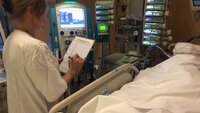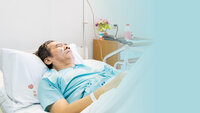Anatomy, physiology and biochemistry: nursing students’ perceptions of the learning outcome from a flipped classroom
The learning outcome improved when digital resources were combined with teacher-led activities in lectures. Working in a social setting and participating in group work also had a positive effect on students’ learning.














